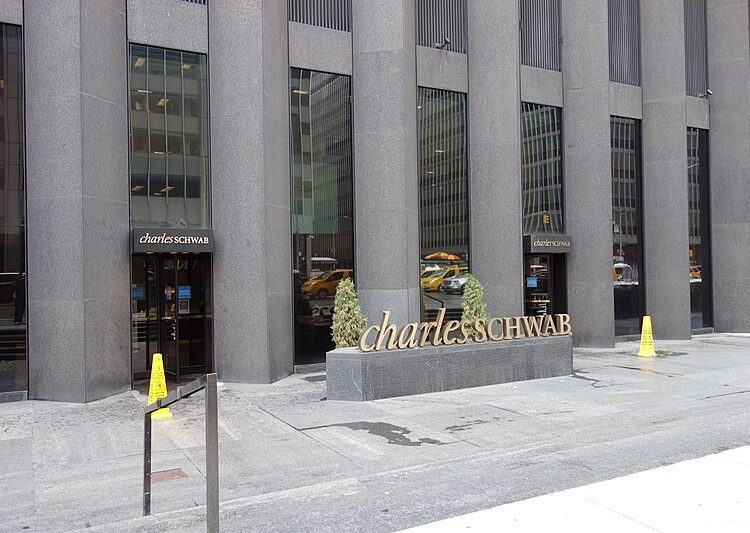First Rise in a Year: What It Means for Economy and Inflation?
- M2 money supply increased by 0.6% in April from a year ago, marking the first rise since November 2022.
- The decline of M2 was at 4.5%, which matched the narrative that the Federal Reserve’s tightening of monetary policy was working.
- Despite the decline, the overall amount of money in the system remains higher than before the pandemic.
- Excess liquidity and savings are still permeating through the system, according to Deutsche Bank’s Jim Reid.
- The overnight reverse repo facility is a better gauge of excess liquidity, currently at $459 billion.
- Economists like Michael Gapen from BofA Securities note that the total has stopped falling and remains within the $500 billion to $400 billion range since February.
The M2 money supply, which measures currency, coins, savings deposits held by banks, and more, increased by 0.6% from a year ago in April, marking the first rise since November 2022. This comes after a significant decline of 4.5%, indicating that the Federal Reserve’s tightening of monetary policy was working. However, the overall amount of money in the system remains higher than before the pandemic due to the Fed flooding the economy with cash and generous business loans. Deutsche Bank’s Jim Reid sees this as a positive sign for economic growth but warns that excess money could exacerbate inflation. The overnight reverse repo facility, a better gauge of excess liquidity, currently stands at $459 billion, down from its peak of $2.6 trillion a year ago.
Factuality Level: 7
Factuality Justification: The article provides accurate and objective information about the increase in M2 money supply in the U.S., discussing its implications on inflation and economic growth. It also includes expert opinions from Deutsche Bank’s Jim Reid, Boston Fed President Susan Collins, and economists like Michael Gapen from BofA Securities. However, it briefly mentions that M2 is susceptible to revisions and might not be a completely reliable indicator.
Noise Level: 6
Noise Justification: The article provides some relevant information about M2 money supply and its impact on inflation but also includes filler content and repetitive information. It could benefit from more in-depth analysis and evidence to support its claims.
Public Companies: Deutsche Bank (N/A), Goldman Sachs (N/A), BofA Securities (N/A)
Key People: Jim Reid (Global Head of Economics at Deutsche Bank), Susan Collins (Boston Fed President), Michael Gapen (Economist at BofA Securities)
Financial Relevance: Yes
Financial Markets Impacted: U.S. money supply (M2), Federal Reserve’s monetary policy, inflation, interest rates
Financial Rating Justification: The article discusses the impact of M2 money supply on U.S. financial markets and economy, including its relation to inflation and the Fed’s monetary policy. It also mentions the S&P 500’s performance.
Presence Of Extreme Event: No
Nature Of Extreme Event: No
Impact Rating Of The Extreme Event: No
Extreme Rating Justification: There is no extreme event mentioned in the article.
 www.marketwatch.com
www.marketwatch.com 





